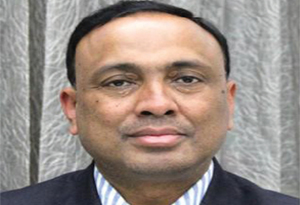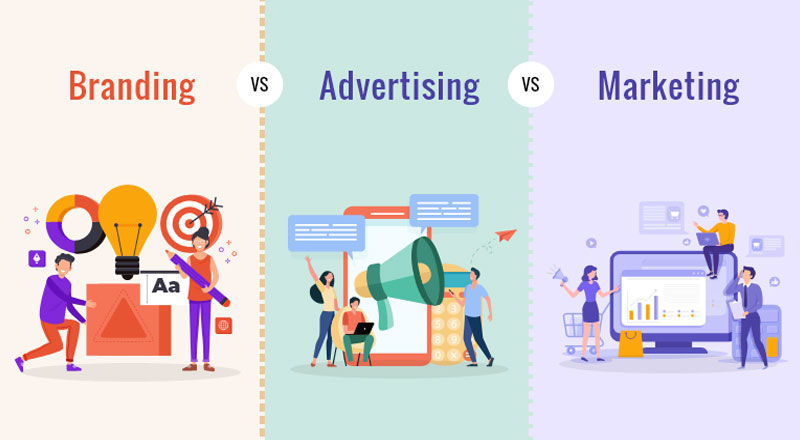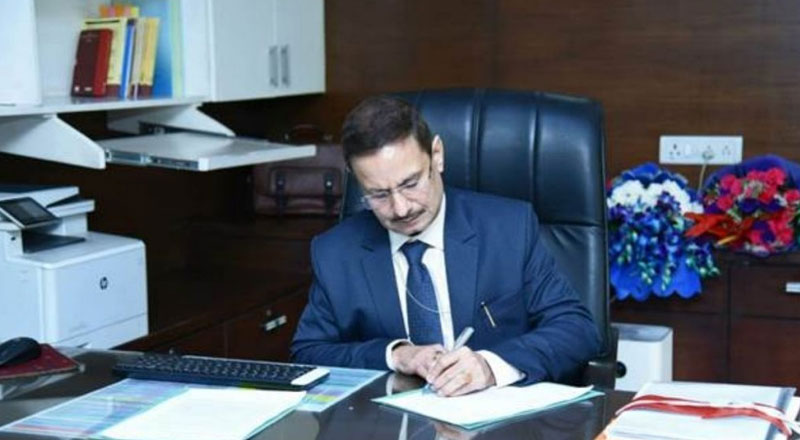Indus Towers is well positioned to play a key role in transforming the telecommunication sector and contributing towards its sustainable development agenda. The company has come a long way from being a start-up to becoming one of India’s largest telecom tower companies. Manoj Kumar Singh, Chief of Technology, Regulatory Affairs & Sustainability – Indus Towers in a chat with SPO India recounts why and how the company considers itself as an enabler and catalyst for far-reaching change –
What is the Sustainability agenda of Indus Towers for 2017 and what would be the main focus this year?
The sustainability agenda for Indus Towers has been designed to include technology and innovation as the fundamental elements that will guide the company’s transformational journey. Over the last few years and going forward, technology has penetrated through each and every function at Indus, driving efficiency, performance improvement and sustainable outcomes. Innovation has also helped us continue our journey towards our endeavour to reduce diesel consumption at tower sites and progressively increasing the number of Green Sites. This has been a significant move in shifting from diesel to grid and other forms of energy, eventually helping in deploying innovative solutions for lowering the carbon footprint. In a nutshell, sustainability to Indus means making operations greener and moving towards zero diesel; providing innovative, efficient and environment friendly solutions to customers; working towards creating even greater impact through our CSR initiatives and intend to create thriving communities around our tower operations;minimizing waste and fostering a zero harm safety culture.
How do you try to reflect the sustainability efforts put in by Indus Towers in the products and solutions you introduce?
Technology and Innovation are fundamental to Indus’ business and help us achieve enhanced uptime, efficient service, smart solutions, and low operational costs for our customers. We always try to introduce best-in-class innovative products and solutions by blending world-class technology, business requirements, aesthetics, environmental and sustainability considerations.
Building on our philosophy of innovation and sustainability, we have evolved a wide variety of design concepts around aesthetic towers catering to the needs of ground-based and rooftop installations. Our solution portfolio comprises of various options such as camouflaged monopoles with day and night views, street light cum telecom poles, palm trees, rooftop grills, and water tanks, aesthetic small cells solutions for bus shelters, public restrooms, foot-over bridges, flyovers and metro pillars. These solutions are designed to suit site deployment in public places, gardens, parks, municipal areas, residential and commercial complexes, metro stations, shopping complexes, malls, SEZs, highways, institutional areas, etc. These aesthetic sites have approximately 80-90% lower footprint and most sites ensure diesel free power back-up.
We continuously work on transforming our customers experience with Indus. We are always geared up in embracing data explosion and technological advancement where we keep on exploring our readiness on every technological development including digital infrastructure, Internet of Things (IoT), fuel cells, drones to deliver the future-ready solutions to our Customers. Be it the Smart Cities Mission, Digital India – Indus is prepared to stay ahead of the curve.
What has been your biggest success in sustainability and how would you like to take this legacy forward?
Since the inception of our sustainability journey, we are continuously switching the power source from diesel to grid electricity and making the sites diesel free. In the journey towards providing green telecommunication, this year, we achieved the milestone of crossing 50,000 diesel-free sites across 15 telecom circles by utilising non-polluting backup sources of energy and multiple energy efficiency measures.
How can your employees, stakeholders and most importantly the customers benefit or drive value from your sustainability agenda?
We are a driven entrepreneurial and innovative organisation committed towards growing our business in a sustainable manner, while remaining accountable to all our stakeholders. Our ExCITE (Excellence, Customer, Integrity, Teamwork, Environment) values define the way we work and the way we maintain relationships with all our stakeholders. Our values ensure that we deliver best-in class, reliable and high quality services to our customers, conduct our business with utmost integrity, encourage innovation and collaboration across functions, ultimately leading to our endeavour towards protecting the environment, and being socially responsible. All our initiatives are in line with our core value of ‘Putting India First’.
What are the challenges and risks in business sustainability?
Significant increase in mobile data usage and the advent of high-speed networks exerts tremendous load on power consumption leading to higher costs for our customers and greater environmental impact. So, the need to consistently work towards energy management prevails. We have also felt that setting up passive telecom infrastructure entails different procedures and clearances/permits from multiple stakeholders, lack of uniform policy, RoWrule policies, erratic power cuts etc. leads to slower turn around for installation of new tower sites.
While keeping pace with fast network rollouts for the telecom operators, we feel the need to work towards skill upgradation and deploying field staff who effectively adopt new technologies to contribute towards safer environment and engage with customers and landlords to provide high-quality services. We use the ‘Hierarchy of controls’ to reduce risk constantly and keep enhancing our safety norms through a variety of customised initiatives with our Employees and Partners. As we continue to grow as an organisation, our responsibility towards the society and its communities grows manifold.
In the Indian context, do you see sustainability as an important agenda in the businesses running here?
With the global agenda being set for 2030 by the adoption of 17 Sustainable Development Goals, the signing of the Paris Climate Change Agreement and the enormous local thrust on sustainability by the Government of India through its numerous schemes like Swach Bharat Mission, Smart Cities, Digital India etc., we can only be excited by what lies ahead. Being India’s largest telecom tower Company, Indus is set to contribute meaningfully to both the global and Indian development agenda through our business and our Corporate Social Responsibility (CSR) initiatives. “Connecting Everyone and Everything to a Better Future” was launched as the purpose of the telecom industry at the Mobile World Congress (MWC) 2016 in Barcelona and this sums up the role we and our peers can and will play in achieving the sustainable development goals.
In many Indian organisations, strategy and sustainability work in two different silos, as sustainability is seen as a peripheral issue. A business strategy with sustainability as a goal will definitely create a more sustainable business. In a longer run, challenging the current mindsets and accelerating the current environmental and social trends will help the companies and governments address the world’s biggest social and environmental issues.
What is your roadmap in terms of creating a positive impact on both society and environment?
Going forth, our concerted efforts will reflect in our unfaltering pursuit of reducing our diesel consumption to deliver even greater cost efficiencies to our customers and reduce our environmental footprint. Technology and Innovation will continue be at the heart of everything we do. We further intend to scale up our community initiatives and leverage the spirit and commitment of our employees to drive the next level of employee engagement through volunteering.
Will individual companies put themselves at risk if they follow sustainable practices and their competitors don’t?Corporates might foresee short-term gains by not running business operations sustainably, but in the longer run, it cannot be the right way to build an ecosystem. Environment is and continues to be an integral part of the network. If you look at our business goals and our sustainability vision, you will see that they are completely integrated. In times to come, sustainability will be a fundamental pillar of growth for any company operating and contributing to the world economy. We must realize our responsibility to give back to the communities we operate in.





